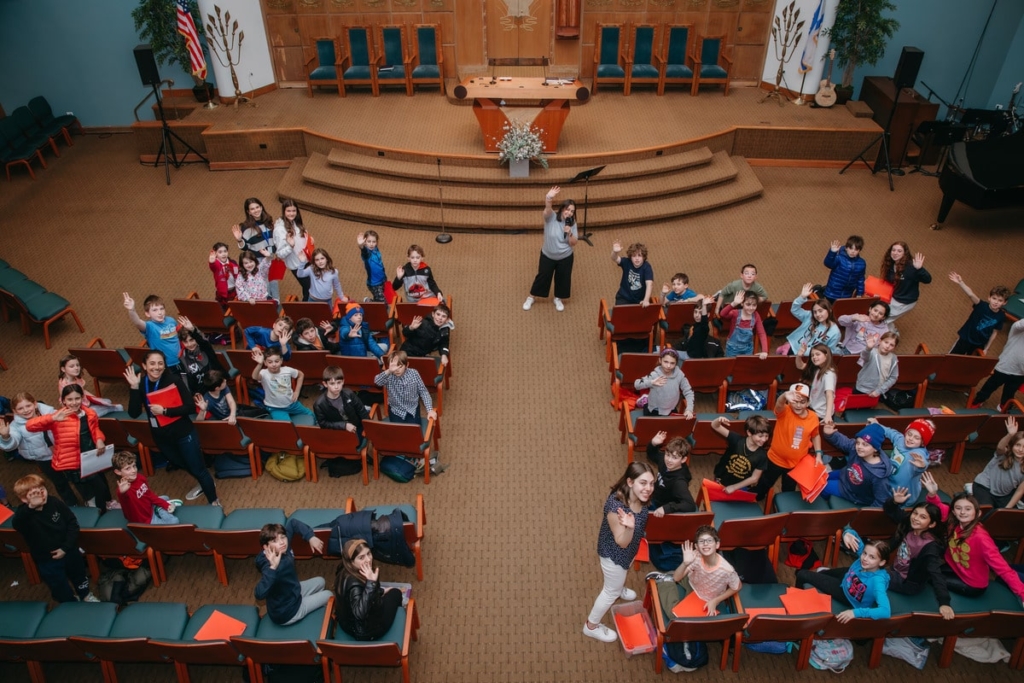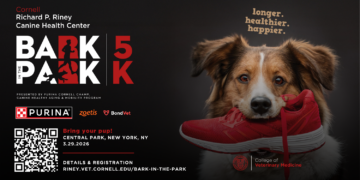
Tori Eisenberg just wants her son “to go off to college and feel confident in who he is —and be proud of being Jewish,” she said. “Especially now, that’s so important.” The Upper West Side mother of three recently celebrated her second son’s bar mitzvah and has one more enrolled at Stephen Wise Free Synagogue’s Religious School.
The October 7th attack on Israel and the aftermath “reminded us how important our Jewish community is,” said Rabbi Rena Rifkin, the director of youth education at Stephen Wise Free Synagogue. “We started to realize we didn’t always have the friends we thought we did,” she said. “And parents woke up to the idea that their children might not understand what it means to be part of the Jewish people.”
That’s why Jewish education is more important than ever. “If we’re always talking about Judaism in the negative context of antisemitism, why would anyone want to be Jewish?” Rabbi Rifkin asked. “I want our students to appreciate what a gift being Jewish is — and how joyful and amazing it can be.”

Since October, enrollment at Jewish day schools of all denominations has increased significantly, according to a January 2024 study by the Prizmah Center for Jewish Day Schools. Meanwhile, for most non-Orthodox Jews enrolled at secular schools, one of the best — and often only — ways to learn about Judaism, build Jewish identity and find community is through supplemental programs at synagogues like Stephen Wise.

“We’re a safe space to talk about being Jewish, about what’s happening in your school, and to feel positive and supported,” says Rabbi Rifkin. As a result of the supportive environment she’s been working to create, Rabbi Rifkin’s students feel more empowered to speak out in the face of antisemitism, misinformation and controversy. One of her seventh-grade students at an Upper West Side public school reported that a teacher decided to dedicate a weekly advisory class to discussing the October 7th attacks and the Israeli-Palestinian conflict. But “my teacher didn’t really know what happened,” the student said. “She was like: ‘Okay, ask me any questions you have’ — but then she couldn’t answer any of them. So, I raised my hand and explained what I knew about it.”

“Rabbi Rifkin has also been there for her students’ families. She recently collaborated with other local religious educators on a Jewish American Heritage Month resource guide for parents to send to their children’s public and private schools, and she’s been working with parents to help them craft responses to their school administrators and help them advocate for their children.
Stephen Wise Free Synagogue’s Religious School is a once-weekly Judaica program with Sunday and Monday options for students in grades K–5 and Sunday and Wednesday options for students in grades 6–7. From 3rd grade onward, students additionally take a 30-minute small-group Hebrew class, either virtual or in-person, once a week.
Tori, whose three boys play travel sports, said that, for her family, religious education was a priority. “We’re all busy, but it’s really important to carve out time for something that stays with you for your entire life, right? Travel hockey will come and go, but Jewish identity, values and traditions are a big part of who we are as a family and as a people.”
Stephen Wise was also extremely accommodating and helped work around their packed schedules. “Stephen Wise gave us so many options, including Portals,” Tori said, referring to the at-home learning option for children in grades 3–5 that her oldest son participated in during a particularly hectic year.
“We’ll make it work,” said Rabbi Rifkin. “We’ll take your child in any grade and we’ll find a way to engage them — really engage them in a deep and thoughtful way — with Jewish learning.”
Learn more about Stephen Wise Free Synagogue’s Religious School programs by visiting swfs.org/school, attending an upcoming information session, contacting the office via email at school@swfs.org or calling (212)-877-4050, ext. 230. Financial aid is available.









Excellent story. The best response to the current wave of antisemitism is education, community and solidarity.
The UWS needs more leaders like Rabbi Rifkin.
I beg to differ. In human history, more people have been discriminated against, killed, jailed and abandon in the name of religion. When we continue to put labels on people it creates division. Raise children to be good humans and give them the tools to solve conflict when they have differences of opinion and the world will be a better, safer place.